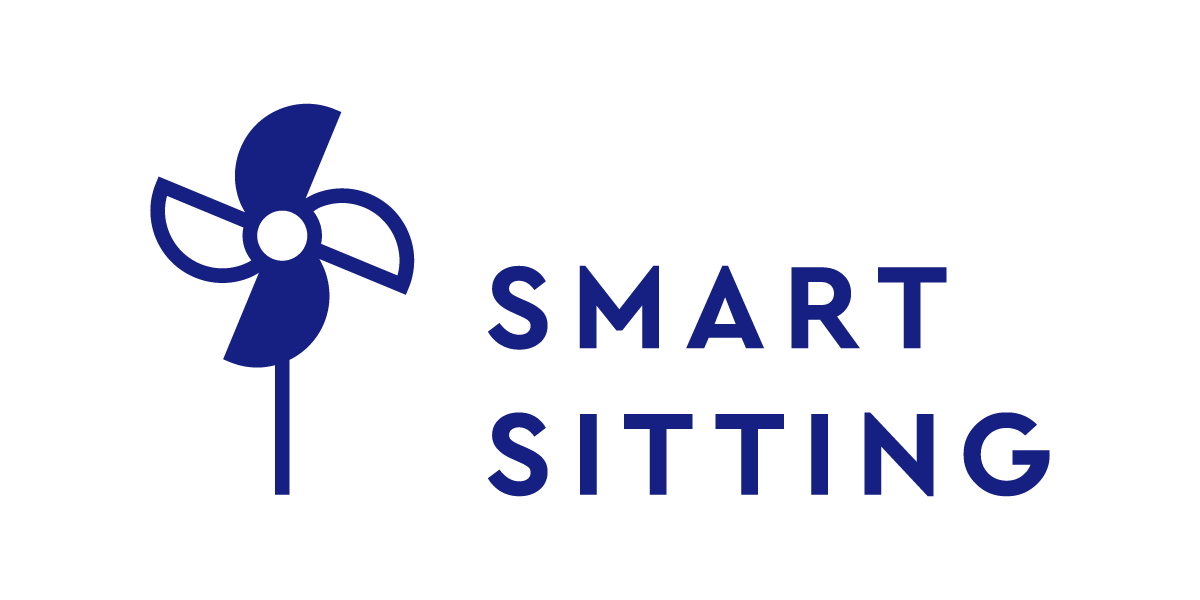5 Recommended Interview Questions for Your Prospective Nanny or Babysitter
A nanny or a babysitter interview may not take place in an office, but it is still very important to ask lots of great questions. With the right preparation, you can conduct a highly professional interview even in a casual setting, ensuring that you get the answers you need to make an informed hiring decision.
If you're working with SmartSitting, the person you're about to interview is already a good fit with regards to scheduling, salary, and previous experience or transferable skills. (If this isn’t the case, make sure you consider these three important factors before beginning the interview process).
At SmartSitting, we interview babysitters and nannies every single day and have worked tirelessly to create an interview narrative that is both enjoyable for the candidate and extremely informative for us. Here are some great questions that we use, which you can ask your prospective nanny or babysitter:
1. In two minutes or less, tell me your life story.
Why ask: This helps lay the foundation for the entire interview without focusing on specifics too early in the conversation. It also gives you a chance to connect with the candidate on a personal level; perhaps you grew up in the same hometown or enjoy some of the same hobbies.
2. Take me through your professional childcare positions one by one, starting with the most recent one.
Why ask: As with corporate jobs, having some experience in the field doesn't prepare a candidate for all possible positions in that field. You want an in-depth view of each candidate's past childcare experience to make sure he or she is ready to handle the many aspects of the position with your family. Don’t just ask if the candidate has a reference from a position; ask what the reference would say about the candidate. This question often produces some of the most honest and helpful responses during the interview, as the candidate knows that you will follow up to verify his or her response.
SmartSitting Tip: Make sure you feel like you know the answers to these follow up questions. If you don't, then ask!
What were the children's ages?
What were your daily responsibilities?
How often did you work with the family (everyday, once a week, twice a month, for a summer)?
How long did you work with the family? (ask for years, like 2003-2009)
Why did you stop working for them?
Do you have a reference from this job? What do you think the family would say your strengths and weaknesses are?
3. Was there ever an extended time where you weren't working with children? If yes, what were you doing during that time?
Why ask: For a job that takes place in your home with your children, it's important not to leave any question unanswered. Make sure to cross-reference this response with the candidate's resume, which you should have on hand during the interview.
4. Where do you see yourself next year? How about in 5 years?
Why ask: This will give you an idea of the candidate’s goals, which might be an indicator of how long he or she will stick around. Try your best not to turn this into a leading question, so that you get a more honest and realistic response.
5. Why are you looking for a babysitting position? What other types of positions are you interviewing for right now?
Why ask: This is an opportunity to gauge how genuine the candidate is in his or her interest in working with children. Watch out for negative responses (‘because I hate the restaurant industry’) or vague responses that lack much forethought. This question allows the best babysitters to shine; their eyes light up and their answers are personal, genuine, and sincere.
Some other questions for your nanny/babysitter interview:
What were your favorite and least favorite parts of a particular position?
What do you think are your strengths and weaknesses?
What other obligations or commitments do you have that affect your schedule?
Describe a conflict or misunderstanding with a previous employer and explain how you handled the situation.
Do you feel comfortable with the responsibilities associated with this position?
SmartSitting Tip: Don't always stick to the script! Paying close attention and asking follow up questions will give you a much better sense of the person you are interviewing. Try to keep the interview as professional as possible; although it is important to establish good rapport with the candidate, don't feel nervous about asking tough questions! If the candidate does seem like a match, make sure to spend time at the end of the interview letting him or her know that you are very interested, and ‘selling’ the job! Be honest, open, and positive, and give a detailed explanation of the position, leaving time to answer the candidate’s questions.
